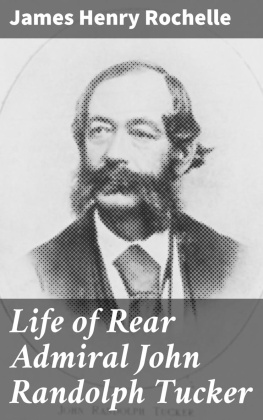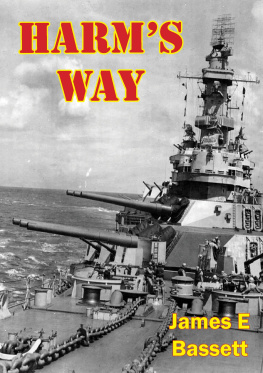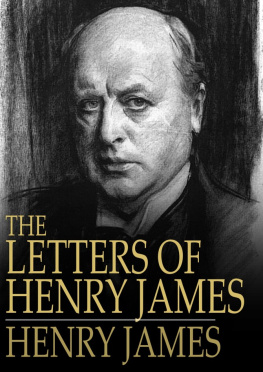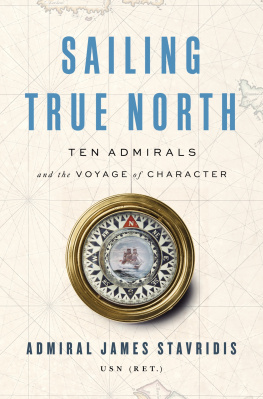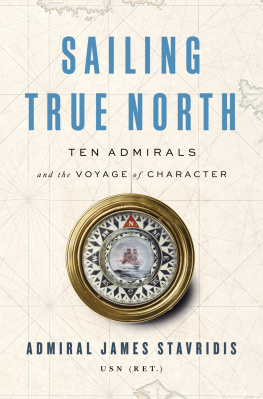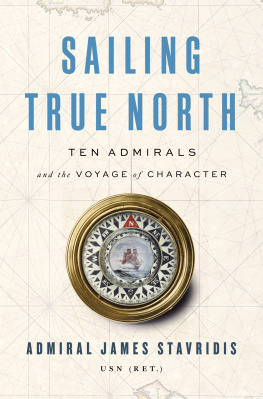A SKETCH OF THE AUTHOR.
JAMES HENRY ROCHELLE, the author of the following pages, and the subject of this sketch, was of French-English and Celtic, or Scotch-Irish, extractionEnglish through his paternal great-grandmother, who was the daughter of Hinchia Gilliam, and his wife (ne) Harrison; Scotch-Irish through his maternal ancestry. The name itself proclaims its French (Huguenot) origin.
It is well known that when Louis XIV revoked the edict of Nantes many French Protestants, called Huguenots, fled from their homes to escape persecutions worse than death. About forty thousand took refuge in England, and in 1690 William III sent a number of them to America. A party of them made their way up the James river and made a settlement, which they called Mannakintown, or "Manacan," because the lands formerly belonged to the Manacan Indians. Feeling that they no longer had to defend themselves against oppression and cruelty, and that in a free country their religion was no stigma, the characteristics of the race came out. With order and work Manacan became a flourishing town. Among those who had made a temporary home there was John Rochelle, who came with the other Huguenot exiles, and, if Pope be right, he soon enjoyed
"All the joys of sense
Health, peace and competence."
But in a few years the spirit of discord entered among these exiles, who had found peace, liberty and homes. The three Rochelle brothers sought other homes; William settled in North Carolina, James went to South Carolina, and John bought of William and Jonas Longbottom two hundred and twelve acres of land on the south side of the Nottoway river in the then parish of Albemarle. Here he lived, and married Mary Gilliam, daughter of Hinchia Gilliam and his wife (ne) Harrison. They had issue four sonsJohn, Levi, Hinchia and Nathaniel. John, the oldest son, married his cousin, Judith Gilliam, famed for her beauty, and they became the parents of nine childrenBenjamin, John, Willis, Clements, Elizabeth (who will live in history as the mother of the famous soldier, George Henry Thomas), James, Lucy, and Mary.
James was born in the year 1786. At an early age he entered the clerk's office of his county as deputy to the then clerk, Samuel Kello. In 1815 he was chosen clerk and held the office until his death.
On the 19th of April, 1817, he married Martha (Hines) Gray, widow of Dr. Henry Mills Gray. Many children were born unto them, but only three lived beyond the early years of infancyJohn, Martha and James Henry.
James Henry Rochelle was born at his father's home, near the Courthouse, on the 1st day of November, 1826. His boyhood was passed in the refining influence of a Virginia home, of the period when Virginia was the garden spot of America, when her daughters were the "mothers of Presidents" and her sons were statesmen, "Sans peur et sans reproche."
On the 9th of September, 1841, he was appointed acting midshipman in the United States Navy; served six months at sea, and then received his warrant as midshipman. During the war with Mexico, young Rochelle served on both the Falmouth and Decatur, in the gulf. He was with Commodore Perry, and participated in all the brilliant exploits of the naval forces, and remained on the Mexican coast until there was added to the United States a territory as large as Germany, France and Spain, all three added together.
In September, 1847, he reported at Annapolis, the Naval School, and was one of the 245 midshipman belonging to the famous "Classe 41," which passed in 1848. He was at once ordered to the frigate Constitution, then in Boston harbor, ready to sail to the blue waters of the Mediterranean and the sunny coast of Italy. On this cruise he paid a visit to the beautiful and historical Island of Malta, and here, in the very cradle of Free Masonry, he became a member of that ancient institution. He saw three years' sea service before returning home.
In 1852 the United States Government sent a naval force, under the command of Perry, to open intercourse with Japan and her then unknown people. Rochelle received orders to report for duty on the ship Southampton. Perry sailed from Norfolk on the 24th of November, 1852. With great judgment and ability he rendered his mission a success, and sailed for home from Linada, in Japan, on the 1st of October, 1854, and after an eventful voyage reached New York in the spring of 1855.
After a home leave of some months, Rochelle was promoted on the 14th of September to master, and on the next day was commissioned lieutenant and assigned to duty on the Coast Survey Squadron. He assisted in the survey of New York harbor, Casco bay and the Florida reefs.
His next cruise was in the expedition to Paraguay. Unfortunately, few of his many letters home were preserved. We give one written in 1859:
U.S. Steamer Southern Star,
Montevideo, Republic of Uruguay,
March 11, 1859.
My Dear Mother:
The steamer Harriet Lane, one of the vessels of the Paraguay expedition, will sail for New York on tomorrow morning, and as she is very fast I have determined to write by her, although it will not be long before we follow her to the United States. We are preparing for sea now and expect to sail on the 17th of this month for Norfolk, touching at Pernambuco and Barbadoes for coal. We will be at home, I think, by the 20th of May or 1st of June, though it is possible that we may be detained longer than I expect on the way.
I sincerely trust that I shall find you all well at home, and that I will have a long leave to spend with you. I wrote you in my letter that we had no difficulty in settling our affairs with Paraguay. Lopez acceded at once to all the demands which were made upon him, and expressed himself gratified at their moderation. The health of the squadron is excellent and the cruise has been a pleasant one. No accident or circumstances have occurred to mar its efficiency or concord. If another vessel should leave in time to get home much before we do, I will write again, but I doubt if such an opportunity will occur. You must not, of course, write to me again. Give my best love to Sister, Jimmy, Letitia and Mattie, and my affectionate regards to Mr. Edwards and Major Shands.
Ever your affectionate son,
J.H. Rochelle.
To follow Rochelle through all of his naval life would take more space than we now have and would be to repeat scenes and events already dealt with by him in the following pages. When the war came on he was serving on the sloop-of-war Cumberland. Captain Scharf very correctly says: "It required no sacrifice and entailed no inconvenience to remain loyal to the Union, but to resign from that service involved every consideration which might deter a man not actuated by exalted principles." It was "exalted principles" which caused Rochelle to resign his commission in the Navy, where he had served with honor and advancement for twenty years, and to offer his sword to his native State. From the columns of the Richmond Dispatch we quote:
"All know how hot and furious the war was. The Anglo-Saxon race, the first and foremost people on earth, are wise in counsel and fierce in war. Fighting commenced at once. Captain Rochelle was placed under the command of Captain Tucker, on the James river, on the war steamer


